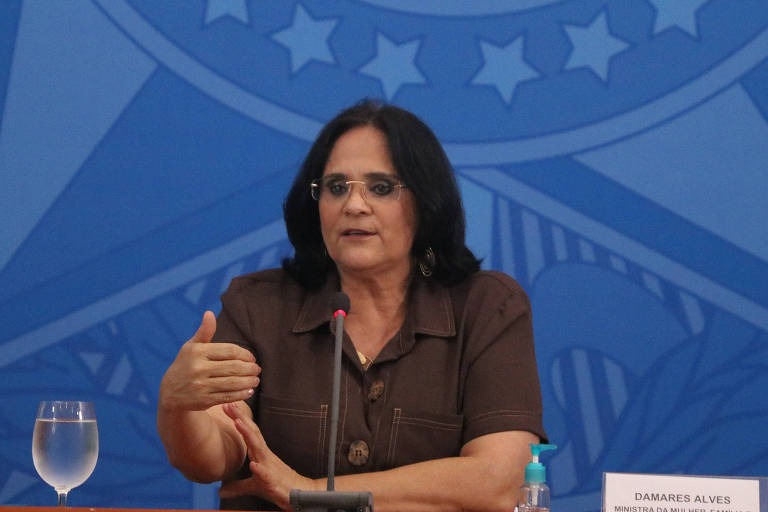The federal government excluded 2019 numbers on police violence from its annual human rights report, Dial Human Rights. This was the first year of Bolsonaro's administration.
The report is considered one of the central thermometers on the violation of human rights, produced based on complaints made to Dial 100, a channel that handles reports of human rights violations in the country. It includes violence of any kind, such as against children, adolescents, and the elderly - and police violence.
"The service can be considered an 'emergency room' for human rights, as it addresses severe situations of violations that have just occurred or are underway," said the government in 2018.
For experts, it may be the first time that the report fails to release data on police violence. In the most recent documents, police violence had increased steadily. In 2016, complaints were 1,009 cases, the following 1,319 (an increase of 30.7%), and in 2018, 1,637, an increase of 24%.
The report also contains data on human rights violations committed in police stations (administered by civilian police).
For Ariel de Castro Alves, lawyer and member of the group Tortura Nunca Mais (No More Torture), the option not to disclose seems to be a nod to Bolsonaro's bases.
For the president of the National Human Rights Commission of OAB, Hélio Leitão, the exclusion of these data is not surprising, due to the history of lack of transparency in other cases. "There is data that in 2019 police lethality increased by 92% in Rio de Janeiro."
For prosecutor Antonio Suxberger, from the CNMP (National Council for the Public Prosecution), there is a lack of a reliable database in the country for monitoring cases of police violence to guide public policies.
According to him, Dial 100 is more a channel of communication and immediate action than a means to build databases. The Brazilian Public Security Forum released a note in which it expresses concern.
The Ministry of Women, Family and Human Rights said the decision was technical, and that the data were not released because there are "inconsistencies in the records".
Translated by Kiratiana Freelon
